What Can You Take for a Concussion
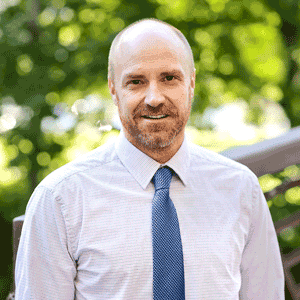
50+ Medications for Concussions and Post-Concussion Syndrome: What Works, What Doesn't, and What to Do Instead
Concussions | Traumatic Brain Injury | Education & Resources | Brain Safety & Care | Post Concussion Treatment
- Share:
Whenever we hold a new patient consultation, we discuss the medicine and supplements that patient has been taking for concussion symptoms. We see a variety of medications for concussion that doctors throughout the U.S. and Europe are prescribing. We also see if they've been helping or hindering our patients. In this article, we'll break down some of the most common medications for post-concussion syndrome, organized by the most common symptoms of concussion we see in our patients, along with things to consider if you're taking them: In the right situation, some of these medicines will help keep your symptoms manageable. But medications don't fix the underlying problems caused by a traumatic brain injury. Instead, they often mask the problem, making it more difficult to identify and fix. For any patient with lingering concussion symptoms, we strongly recommend active rehabilitation at a good concussion clinic rather than relying on medication. Medications often come with side effects and/or long-term consequences. And if you're taking multiple medications to manage post-concussion symptoms, that puts a notable strain on your liver. Anything you can do to relieve or minimize symptoms without medication is usually better for your overall health. At Cognitive FX, our patients improve by 75% on average after treatment at our center specializing in post-concussion therapy. To see if you are eligible for treatment, sign up for a free consultation . Medications for emotional symptoms are complex. If you had a history of mental illness before your concussion and are taking medications for it, concussion treatment is not likely to decrease your need for those medications. But if your mental health declined after your head injury, you may be able to wean off them after treatment as the underlying cause rectifies. Your exact dosage and medication should be managed by your physician; if we ever recommend changing doses, it's under the condition you are working with a licensed medical practitioner at home to do so. However, we often encourage patients not to take unnecessarily excessive amounts of these medicines. Sometimes, patients are able to wean off before their treatment at our clinic begins. This is sometimes the ideal situation because medications for anxiety and depression, when prescribed for concussion management, could interfere with concussion treatment. Here are some of the more common medications we see our patients using to handle anxiety, depression, feelings of being overwhelmed, and other emotional symptoms: Note that benzodiazepines have a high addiction component. They can take years to wean off successfully. In addition, they often make other symptoms worse because they can make cognitive tasks more difficult. Some patients also use marijuana and marijuana extracts, which we cannot recommend because there isn't much research on marijuana and its effect on the brain, especially when it comes to mTBI patients. Ultimately, we don't recommend anything that doesn't have research to back up its safety and effectiveness. Patients have come to us taking a variety of medications for sleep disturbances. There is some overlap with the medications listed above, but sometimes patients resort to, shall we say, creative solutions which aren't good for their long-term health. Here's what we've seen: Some of these solutions — such as alcohol and antihistamines — are extremely dangerous. If you're taking either to help with sleep (regardless of whether it's because of a mild traumatic brain injury), please see a doctor to help you transition to something safer. Of all the options on this list, melatonin is the safest and least addictive. Overall, melatonin is a good option. Headaches are an extremely common persistent symptom. There are myriad medicines you can take to control chronic pain, especially when it comes to headaches and neck pain. Here are a few we've seen patients take: We've also seen patients on a number of drugs listed in the section on anxiety and depression that they use for pain management. One of the biggest problems with pain medication in post-concussive syndrome patients is that the medicines result in an overall dampening of neural networks. Why is this a problem? Neuroplasticity is a key component in recovery from a mild TBI. If your neural networks are dampened, it's harder for your brain to recover from the head trauma you sustained. There are many fewer medications we see patients using to control car sickness and nausea, but these two are by far the most common: Most of the time, we recommend patients wean off as many medications as they can before post-concussion treatment. After all, the fewer medicines you have meddling with your brain chemistry, the easier it is to repair damage from your injury. But anti-nausea medicine is one of the exceptions. Some patients can live without it, and some can't. If you really need the medicine, it's better to take it and be safe. With the right physical therapy and cognitive therapy, you may be able to wean off these medicines over time. There aren't many medications you can take to recover cognitive function from postconcussive symptoms. For patients experiencing difficulties following a conversation or a shortened attention span, some doctors prescribe ADD or ADHD medications. Some of our patients have used these two: Both are stimulants and can be addictive. Most people are able to take them as needed, some find that they help, and some report no improvement in their symptoms while on the medication. Ultimately, if your doctor diagnoses you with ADD or ADHD as an adult after you've had a head injury, there is a good chance those symptoms were caused by the head injury rather than "true" ADD/ADHD. If your symptoms do stem from a concussion, there is a way to improve them without medication. At Cognitive FX, we use functional neurocognitive imaging (fNCI, a type of fMRI) to determine which regions of your brain have been affected by a concussion. We then use that information to treat our patients with therapies appropriate to their specific needs. At Cognitive FX, our patients improve by 75% on average after treatment. To see if you are eligible for treatment, sign up for a free consultation . We've seen patients on a handful of medications to deal with chronic fatigue and low motivation (in addition to bioidentical hormones, which is covered later in this post). Even a minor head injury can cause major exhaustion. Here are the three we've seen patients taking: Unfortunately, there's no medication to improve light sensitivity and noise sensitivity aside from taking pain medicine to make it less unpleasant. Most patients manage sensitivity with sunglasses and earplugs as needed. Others simply avoid situations in which they would be exposed to bright lights or loud noise. It's no way to live, which is why this is one of the many symptoms we treat at our clinic via active rehabilitation. If you want to know more, sign up for a free consultation. Medication for vision problems is usually overlapping with another category. It depends on how your vision is affected. Here are the three categories we see: Sometimes, a concussion causes lasting dysfunction in your autonomic nervous system . Sometimes, a concussion causes lasting damage to your autonomic nervous system. While it's treatable with the right therapy, patients can experience hypotension, hypertension, or blood pressure anomalies triggered by a certain activity (like exercise). It could also result in heat or cold sensitivity. We've seen a number of patients taking blood pressure medications, especially those that help anxiety and mood as well as regulate blood pressure. Some examples include: Something many patients don't realize is that a concussion can cause their hypothalamus and pituitary glands to not function correctly. But recovery time can be anywhere from a few days to never. Hypothalamus or pituitary function cannot be seen with MRI and, if untreated, can lead to problems including thyroid dysfunction or stunted growth. Treatment of post-concussion syndrome may not resolve hormone dysregulation. A good endocrinologist can work with you to supply the hormones your body isn't making enough of anymore. Some examples include: If you're overproducing any of these hormones rather than underproducing, then there are typically treatment options for that as well. While we tend to stay out of the supplements conversation, there are a few natural remedies we see patients taking that you may find helpful as well: The brain has an amazing, inherent ability to recover known as neuroplasticity. Patients who suffer from lingering post-concussion symptoms can find the most long standing (and completely natural) relief from active rehabilitation targeted to leverage neuroplasticity, assuming the right treatment modalities are used. At Cognitive FX, we employ both physical and cognitive therapies designed to push the brain into using the neural pathways it's been neglecting. This requires a multidisciplinary approach: our team includes a clinical neuropsychologist, a neuroradiologist, a neurosurgeon, a clinical psychologist, several neuromuscular therapists, several neurocognitive therapists, several occupational therapists, and two DynaVision specialists — and we continue to grow. In addition to having the largest multidisciplinary team trained to tackle post-concussion syndrome rehabilitation, we are the only clinic able to offer functional neurocognitive imaging (fNCI). fNCI is a type of functional MRI which allows us to see how your brain uses its resources (primarily oxygen brought via increased blood flow) while you perform a series of standardized tests in the MRI machine. The results paint a clear picture of which regions of your brain were affected and whether they are hypoactive or hyperactive. With that information, we're able to tailor your treatment to your injury (especially important since traumatic brain injuries are not one-size-fits-all). If you're curious as to what it's like to go through our treatment program, read what our patients themselves have to say about it. Olivia, Sam, Myrthe, and Chris all had different experiences and symptoms, but all made the recovery they hoped for after treatment. Whether you're on multiple medications or just one, it's important to consider the effect it's having on your life. Are you straining your liver? What are the medications doing to your body if you have to take them long term? Sometimes the quality of life improvement makes that a risk worth taking. But if you don't have to rely on medication forever, would you? If you're taking medications for concussion symptoms and have not tried active rehabilitation, request a consultation. It's free to speak with us, and we can help you determine if you're eligible for treatment. On average, our patients improve by 75% after treatment. Many improve enough to be able to completely stop using the medications they were on. These are the studies in reference to caffeine intake: Al Moutaery K, Al Deeb S, Ahmad Khan H, Tariq M. Caffeine impairs short-term neurological outcome after concussive head injury in rats. Neurosurgery. 2003
Medications for Anxiety, Depression, and Feelings of Overwhelm
Medication for Sleep Difficulties
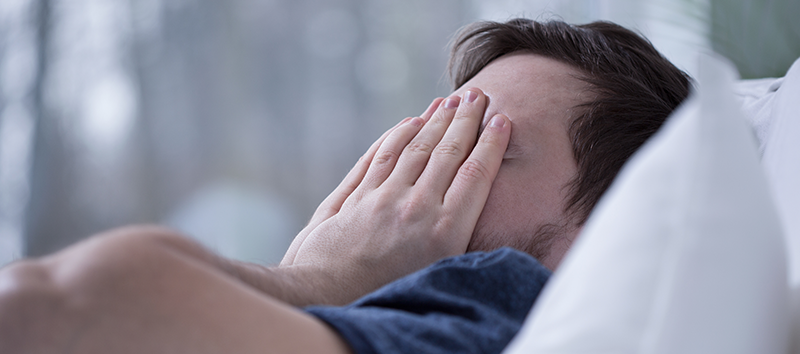
Medication for Headaches, Migraines, and Other Pain
Medication for Car Sickness, Balance Problems, Nausea

Medication for Concentration Issues and Other Cognitive Symptoms
Medication for Chronic Fatigue, Low Energy, and Motivation
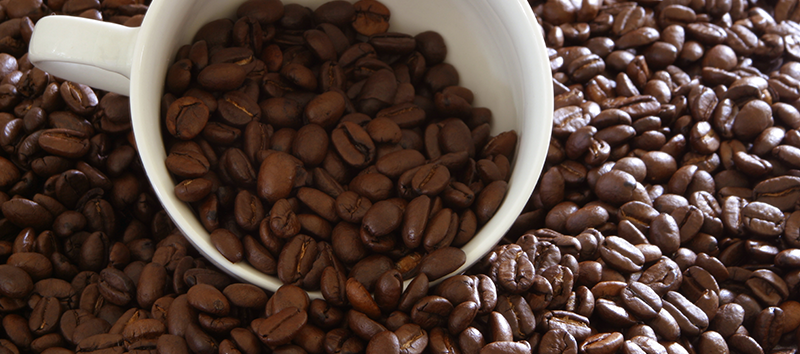
Medication for Light and Noise Sensitivity
Medications for Vision Problems
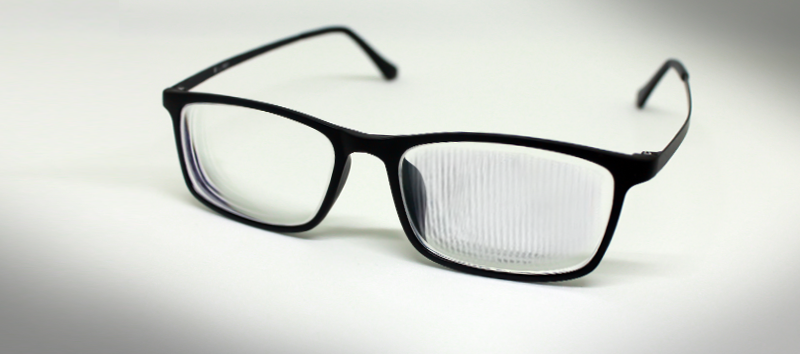
Medication for Blood Pressure Dysregulation
Bioidentical Hormone Replacement
Popular Natural Remedies
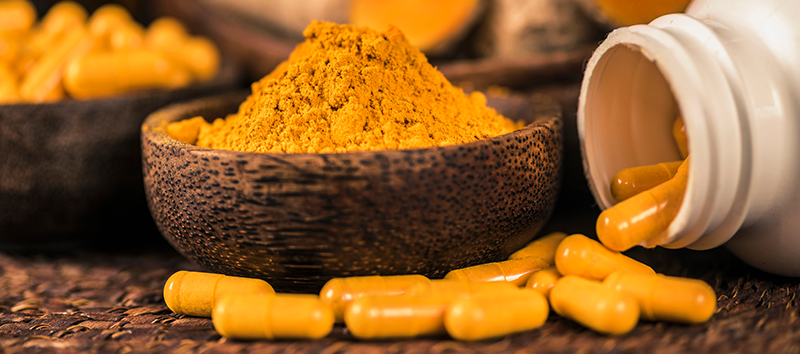
Active Rehabilitation: The Natural Alternative to Medications for Lingering Post-Concussion Symptoms
Conclusion
Li W, Dai S, An J, et al. Chronic but not acute treatment with caffeine attenuates traumatic brain injury in the mouse cortical impact model. Neuroscience. 2008
Yamakawa G. Lengkeek, C., Salberg, S., Spanswick, S., Mychasiuk, R. Behavioral and pathophysiological outcomes associated with caffeine consumption and repetitive mild traumatic brain injury (mTBI) in adolescent rats. PLOS ONE. 2018
About Dr. Mark Allen PhD
Mark D. Allen earned a PhD in Cognitive Science at Johns Hopkins University with post-doctoral training in Cognitive Neuroscience and Functional Neuroimaging at the University of Washington. He has 15 years of research and clinical experience in fMRI, with 22 publications in tier-1 peer-reviewed scientific journals, 3 book chapters, and dozens of presentations at scientific and professional conferences in neuroscience, neuroimaging, and neuropsychology. Having collected and analyzed fMRI data from over 1,000 experimental subjects and over 300 clinically-referred patients, Dr. Allen is a pioneer and expert in the development of fMRI for use in clinical settings.
What Can You Take for a Concussion
Source: https://www.cognitivefxusa.com/blog/medication-for-concussion-and-post-concussion-syndrome
0 Response to "What Can You Take for a Concussion"
Post a Comment